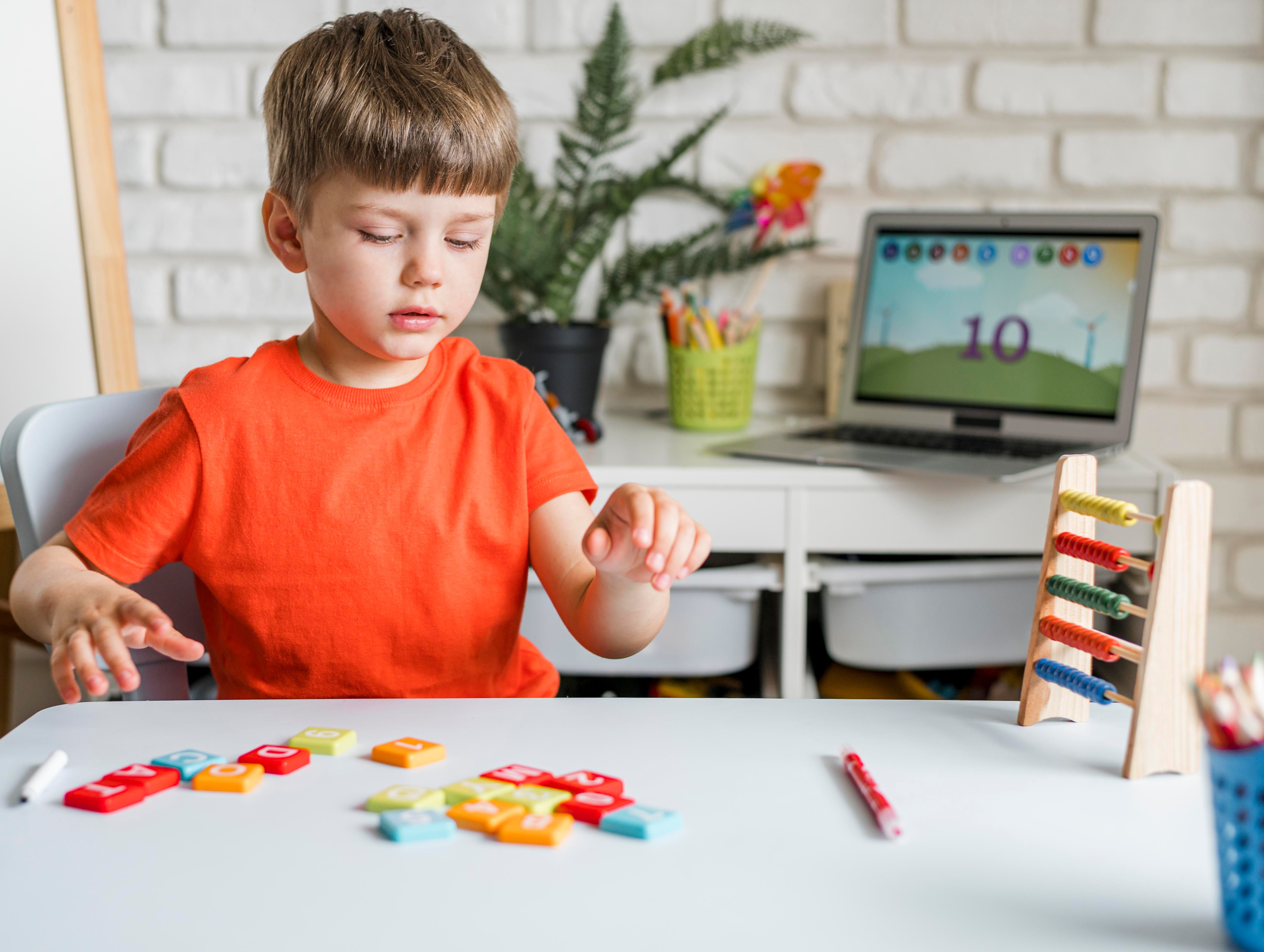offline activitiesdigital parentingtechnology balancepersonal development
01.08.2025
Learning through play – the foundation of healthy development in the digital age

Play is the natural language of childhood. Through play, children learn, express themselves, explore, and discover who they are. Science confirms what we already intuitively know: play is more than just fun—it’s one of the most powerful and effective tools for cognitive, emotional, and social development.
Still, in a world where screens increasingly dominate our daily lives, children end up spending less time engaging in free, active play and more time in front of digital devices, passively consuming content. This is where balance becomes essential.
At Tutorina, education and technology are not in opposition. Instead, they complement each other, and learning through play becomes the bridge that brings them together in a healthy, balanced, and motivating way.
What does learning through play actually mean?
Learning through play means a child acquires knowledge, skills, and attitudes in a relaxed, stimulating environment that naturally sparks their curiosity. Through play, a child has the freedom to explore, to make mistakes without fear, to try again, to search for solutions, and to ask “why?” and “how?”—all in a setting that encourages rather than punishes.
Play contributes deeply to a child’s development, much more than it may seem at first glance:
- Their brain develops through activities that involve movement, planning, decision-making, and memory.
- Their language skills grow through storytelling, role play, and interacting with others.
- Their emotional state is naturally regulated through laughter, play, and free expression.
Through play, children learn without pressure and develop harmoniously—intellectually, emotionally, and socially.
Why do children need play in the digital age?
A study published by the American Academy of Pediatrics showed that play is essential for healthy brain development. Other research confirms that when children engage in regular, varied play, they have greater concentration, a richer vocabulary, increased empathy, and better academic performance.
In front of screens, children often become passive spectators rather than active participants in their own development. Quality time once spent in free play and interaction is replaced by fast, algorithm-driven digital content that captures attention without offering real stimulation. Prolonged exposure to this kind of content can lead to decreased concentration, emotional regulation difficulties, restlessness, disrupted sleep, and even dependence on constant stimulation. Without healthy alternatives, children risk losing their internal motivation and the joy of learning through exploration and real-life play.
That’s why it’s so important to give play its rightful place—not as a reward or break, but as a natural part of a child’s development.
What makes Tutorina different?
Tutorina is not just a screen-time limiting tool. It was initially designed as a parental control app, but we soon realized families needed more: collaboration, dialogue, autonomy, and meaning. That’s why in Tutorina:
- Children earn screen time through useful activities or exercises that develop thinking and creativity. We don’t impose—we motivate.
- Parents can create personalized task lists, and children check them off using their own app interface.
- Children are encouraged to decide how to use the screen time they’ve earned, becoming more responsible and autonomous. This way, screen time becomes a space for learning and connection—not just passive consumption.
What types of play support learning?
Even in today’s digital world, play remains a vital pillar of healthy development. Here are a few types of play that promote active learning, creativity, and emotional balance:
- Role-playing and imagination games – stimulate empathy, vocabulary, and emotional expression.
- Puzzles and logic games – train patience, focus, and strategic thinking.
- Building, painting, or modeling – support creativity and hand-eye coordination.
- Board games – foster teamwork, rule-following, and decision-making.
- STEM games – encourage scientific thinking, hypothesis testing, and natural curiosity.
These types of play not only support learning but also strengthen authentic relationships, self-confidence, and adaptability to the real world.
Don’t eliminate play—build learning around it
Children don’t need increasingly sophisticated content. They need experiences that engage them meaningfully. Instead of fearing screens, we can learn to use them to support conscious development—with boundaries, but also with freedom.
At Tutorina, we support a new way of thinking about digital education—one rooted in responsibility, intrinsic motivation, and the joy of learning through play.


